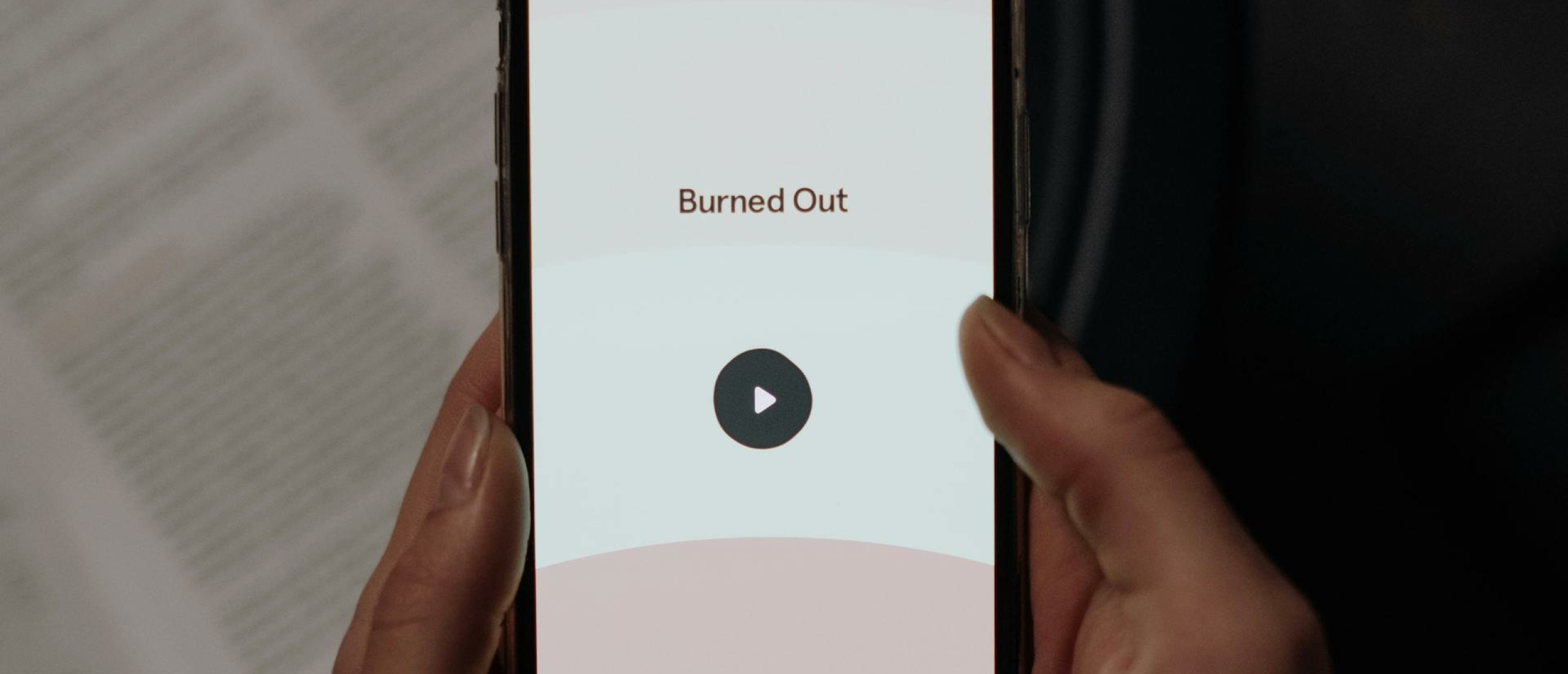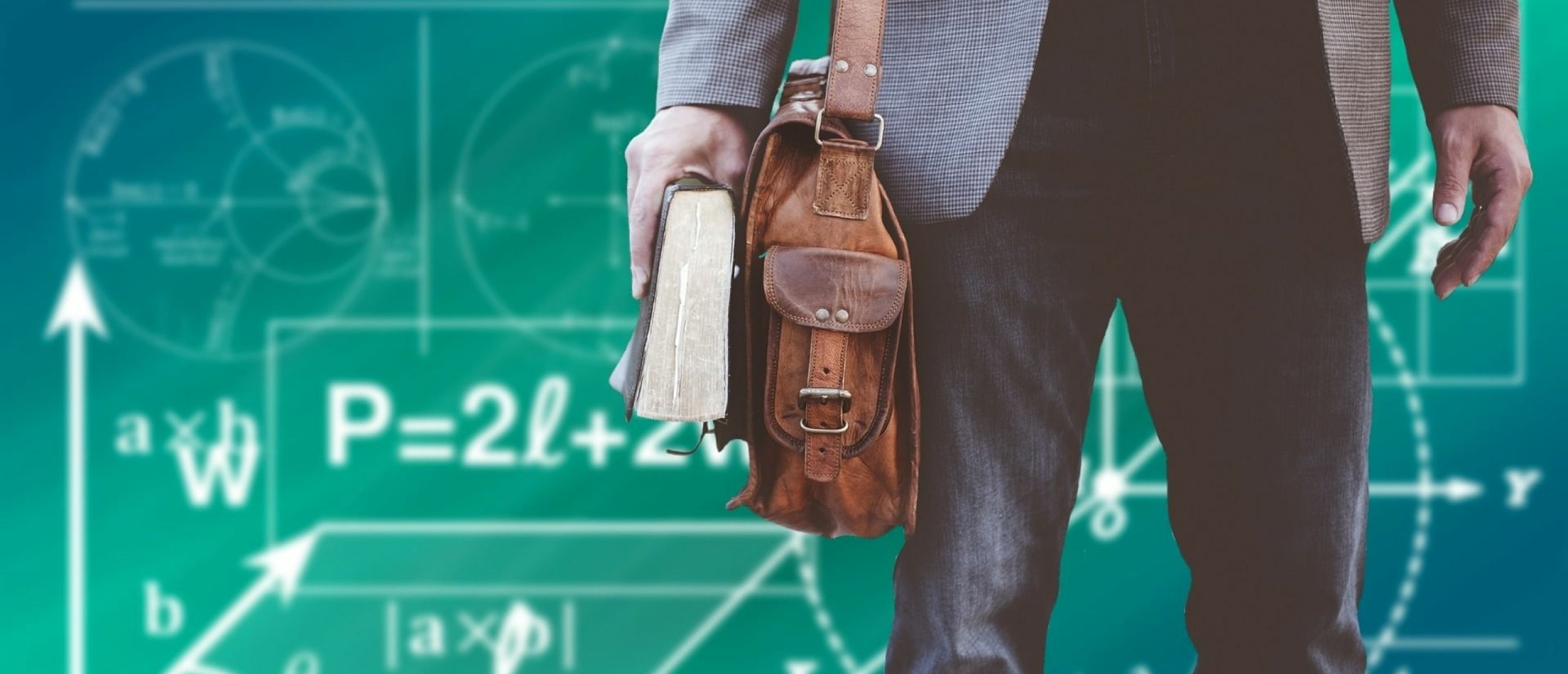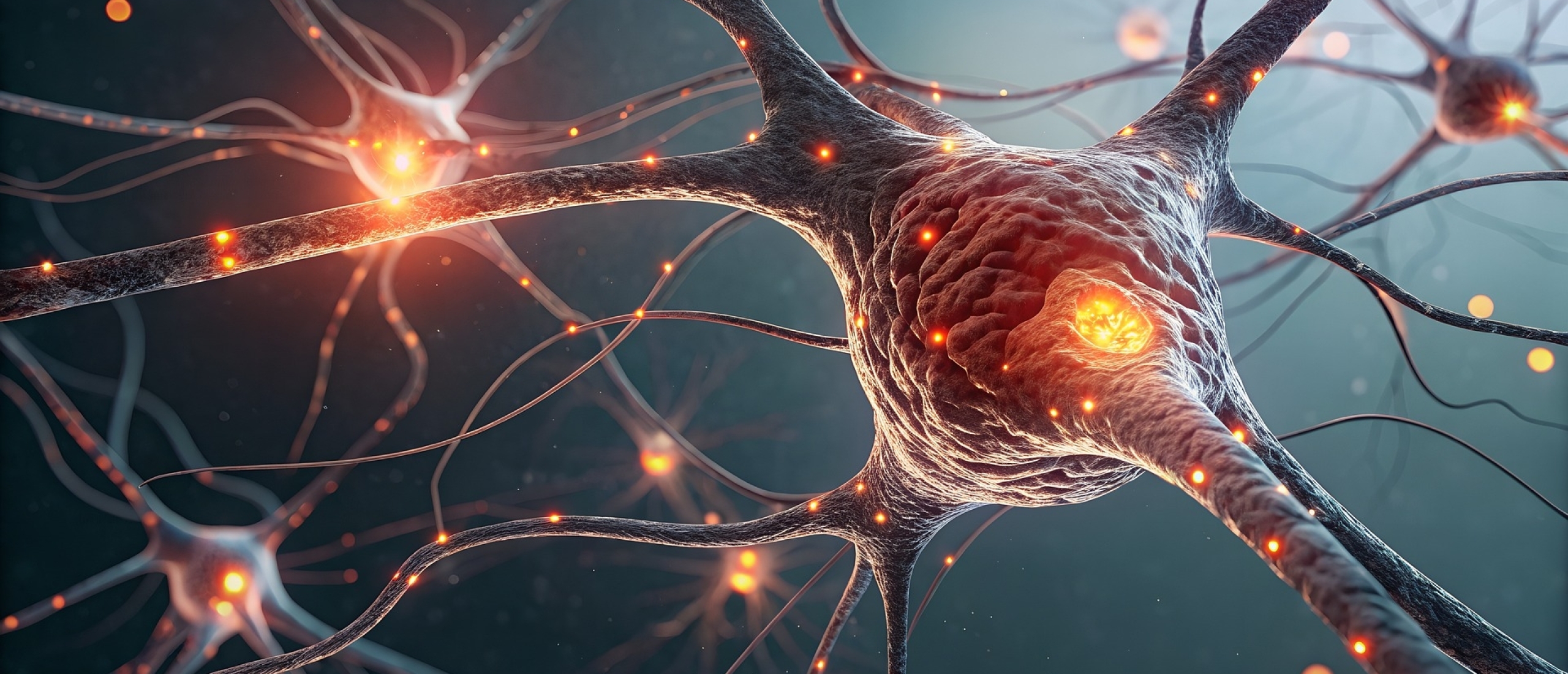
Apps that claim to detect stress are everywhere — from wearables that track your heartbeat to AI tools that analyze your tone of voice or facial expressions. They promise early warnings and personalized advice to prevent burnout.
But how accurate are these tools, and what happens to the emotional data they collect? In this article, we’ll look at the science behind stress detection apps, the privacy risks regulators are warning about, and why understanding your own stress signals is still the most reliable approach.
Key Takeaways
- Most stress detection apps measure indirect signals such as heart rate, voice tone, or facial expression — not stress itself.
- Accuracy remains limited; physiological changes can reflect excitement, caffeine, or exercise rather than stress.
- Emotion recognition data can be used for targeted advertising or behavioral influence.
- Real prevention comes from self-awareness and proven stress-management habits, not from automated monitoring.
The Promise: Early Warning and Prevention
The market for stress monitoring and burnout prevention tools is booming. The idea is simple:
- Measure signals such as heart rate variability, skin conductance, voice tone, or facial expressions.
- Feed them into an algorithm.
- Get a real-time reading of your “stress level” or emotional state.
It’s an appealing vision. If the data says you’re stressed, you could take a break, go for a walk, or use a relaxation technique — avoiding overload before it happens.
But there’s a big problem: human emotion and stress are far more complex than an app can reliably measure.
Why Many Stress Detection Apps Are Inaccurate
Stress is multi-layered with many reactions in your body and mind. It’s not just a higher heart rate or a tense voice — it’s a mix of physiological signals, psychological state, and context.
A few key issues:
- High false-positive rates
Physical signals like increased heart rate can mean stress… or simply that you’ve had coffee, exercised, or are feeling excited. - Lack of context
AI tools often ignore environmental and personal factors that change the meaning of a signal. - Bias in emotion recognition models
Many facial recognition and voice analysis systems are trained on limited datasets, leading to poor accuracy across diverse populations.
A 2020 review in IEEE Transactions on Affective Computing concluded that while AI emotion recognition can be useful in research settings, real-world accuracy is still far from reliable.
The Hidden Use: Influencing Your Decisions
One of the most concerning points raised by the Dutch regulator is that emotion recognition can be used without your awareness.
In its recent report, it warned:
“Emotion recognition can also be used without you realizing it. For example, it can be applied in advertising to estimate and influence a person’s buying behavior.”
Imagine you’re watching an ad online. If the system detects a micro-expression that suggests curiosity or excitement, the ad could instantly adapt — showing you a “limited time offer” or a product more likely to tempt you.
This isn’t science fiction. Some marketing firms already experiment with adaptive ads that react to facial cues or voice tone. The ethics? Murky at best.
Risks of Over-Reliance on Detection Apps
Aside from privacy concerns, there are practical risks:
- False alarms can cause anxiety — You might feel fine but worry because the app says you’re stressed.
- Missed warnings can create complacency — If the tool doesn’t detect stress, you might ignore your own signs of overload.
- Constant monitoring changes behavior — Knowing you’re “being watched” can itself become a stressor.
Fortunately, it is not difficult to become aware of the early signs of stress. You don't need an app for this. In healthcare, we’ve learned that AI works best when combined with human judgment — not as a replacement. Stress detection should be no different.
A Better Approach: Building Resilience, Not Just Detecting Stress
At Stressinsight, we believe that prevention doesn’t come from passively waiting for an app to beep — it comes from actively understanding and managing stress.
Instead of trying to read your emotions without context, our products focus on:
- Teaching you the science of stress — so you know what’s happening in your body and mind.
- Helping you build lasting healthy habits — in sleep, exercise, recovery, and boundaries.
- Providing tools and strategies to address the root causes of workplace stress, not just the symptoms.
This approach works because it gives you the knowledge and skills to notice, interpret, and act on stress signals — without relying on a black-box algorithm.
Frequently Asked Questions
Q: Can apps really detect stress accurately?
A: Some can detect certain physiological changes, but accuracy varies widely. Without context, results can be misleading.
Q: How are emotion recognition tools used in advertising?
A: They can adapt ads in real time based on your facial expressions or voice tone, aiming to influence what you buy — often without you knowing.
Q: What’s a safer alternative to stress detection apps?
A: Combining self-awareness, proven stress management techniques, and, if needed, expert support — rather than relying solely on automated detection. There are science-based stress management techniques out there that will help you dealing with stress more effectively and safely.
Q: How does Stressinsight help?
A: We offer a science-based course, an AI assistant, and a supportive community that teach you to understand and address stress at its source.
Final thought
Stress detection apps may sound futuristic, but for now, their accuracy is limited, and their uses aren’t always transparent.
If you want real, lasting protection against burnout, the best tool isn’t an app that “reads your emotions” — it’s the ability to manage stress yourself.
That’s exactly what Stressinsight helps you do: with science-based strategies, personalized tools, and support designed to make you resilient — and confident in your ability to handle stress before it becomes overwhelming.












